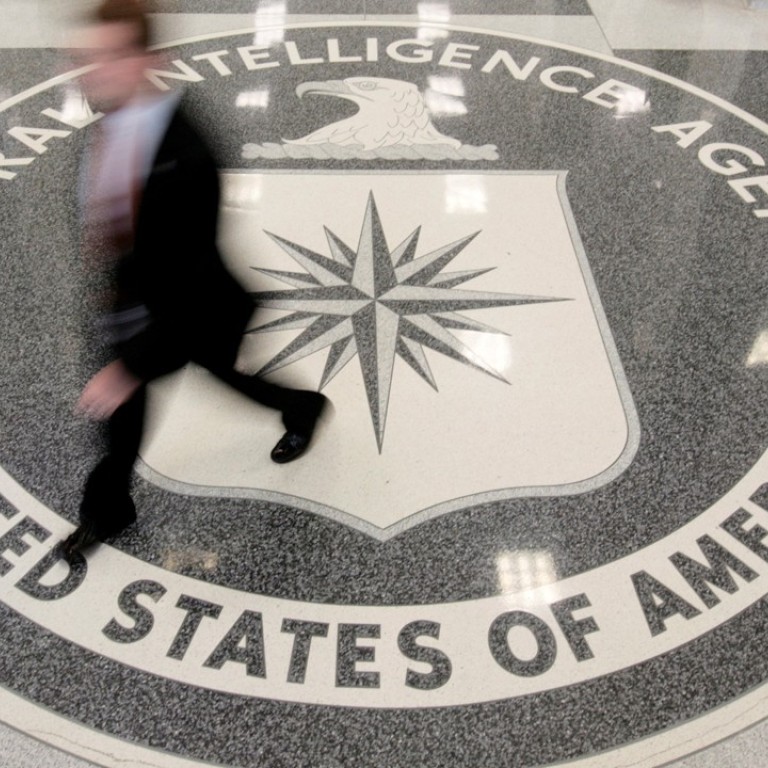
CIA concludes that Saudi crown prince ordered Jamal Khashoggi’s assassination
- US sources say the agency concluded Saudi Arabia’s de facto leader was involved after analysing intelligence, including phone calls
- CIA’s assessment of Mohammed is he ‘goes from zero to 60, doesn’t seem to understand that there are some things you can’t do’
The CIA has concluded that Saudi Crown Prince Mohammed bin Salman ordered the assassination of journalist Jamal Khashoggi in Istanbul last month, contradicting the Saudi government’s claims he was not involved, according to people familiar with the matter.
The CIA’s assessment, in which officials have said they have high confidence, is the most definitive so far linking the prince to the operation and complicates the Trump administration’s efforts to preserve its relationship with a close ally.
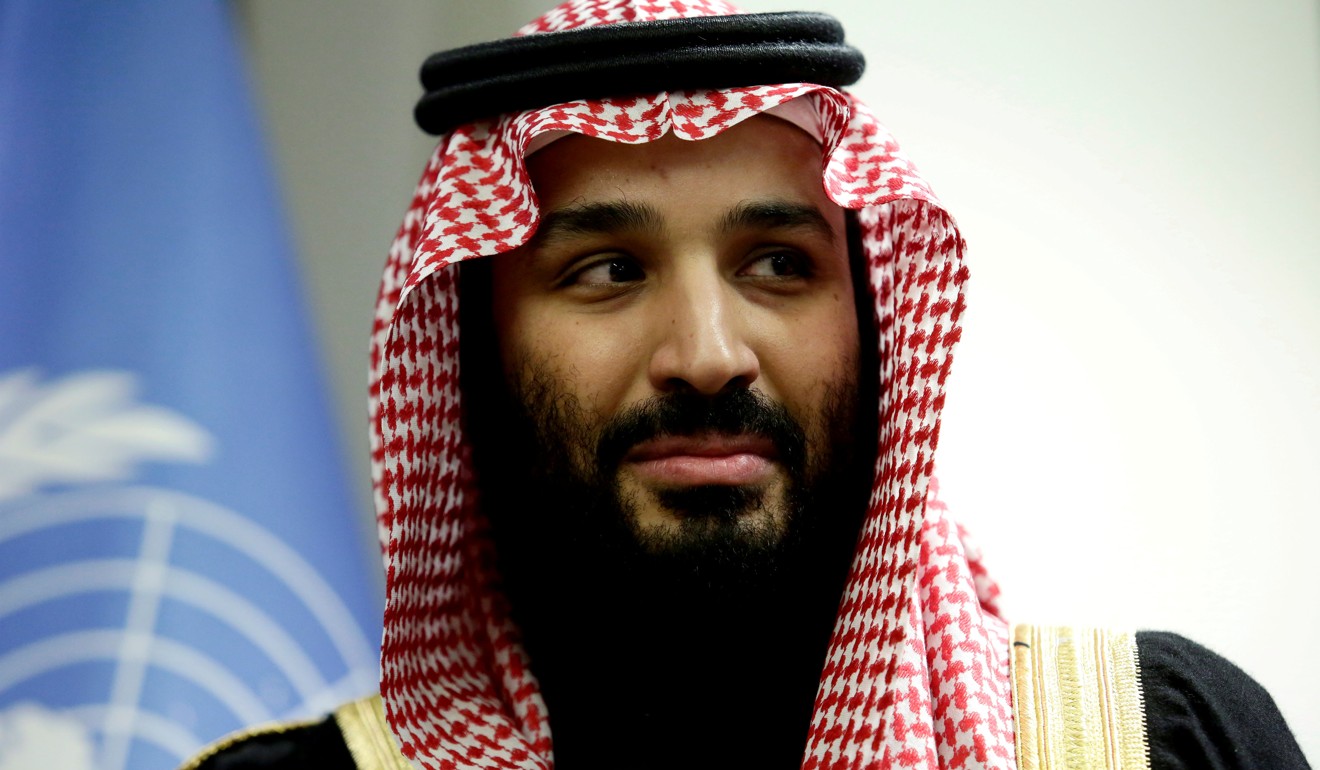
A team of 15 Saudi agents flew to Istanbul on government aircraft in October and killed Khashoggi inside the Saudi consulate, where he had gone to pick up documents he needed for his marriage to a Turkish woman.
Jamal Khashoggi was already married, claims ‘secret wife’
Vice President Mike Pence told reporters travelling with him at a summit of Pacific Rim nations in Papua New Guinea that he could not comment on “classified information”. He said Saturday “the murder of Jamal Khashoggi was an atrocity. It was also an affront to a free and independent press, and the United States is determined to hold all of those accountable who are responsible for that murder.”
The United States will “follow the facts”, Pence said, while trying to find a way of preserving a “strong and historic partnership” with Saudi Arabia.
In reaching its conclusions, the CIA examined multiple sources, including a phone call the prince’s brother Khalid bin Salman, the Saudi ambassador to the US, had with Khashoggi, according to the people familiar with the matter who spoke on the condition of anonymity. Khalid told Khashoggi, a contributor to The Washington Post, that he should go to the consulate to get the documents and assured him it would be safe.
It is not clear whether Khalid knew Khashoggi would be killed, but was told to call by his brother, according to the people familiar with the call, which was intercepted by US intelligence.
Khalid denies making the call and has asked the US government for proof.
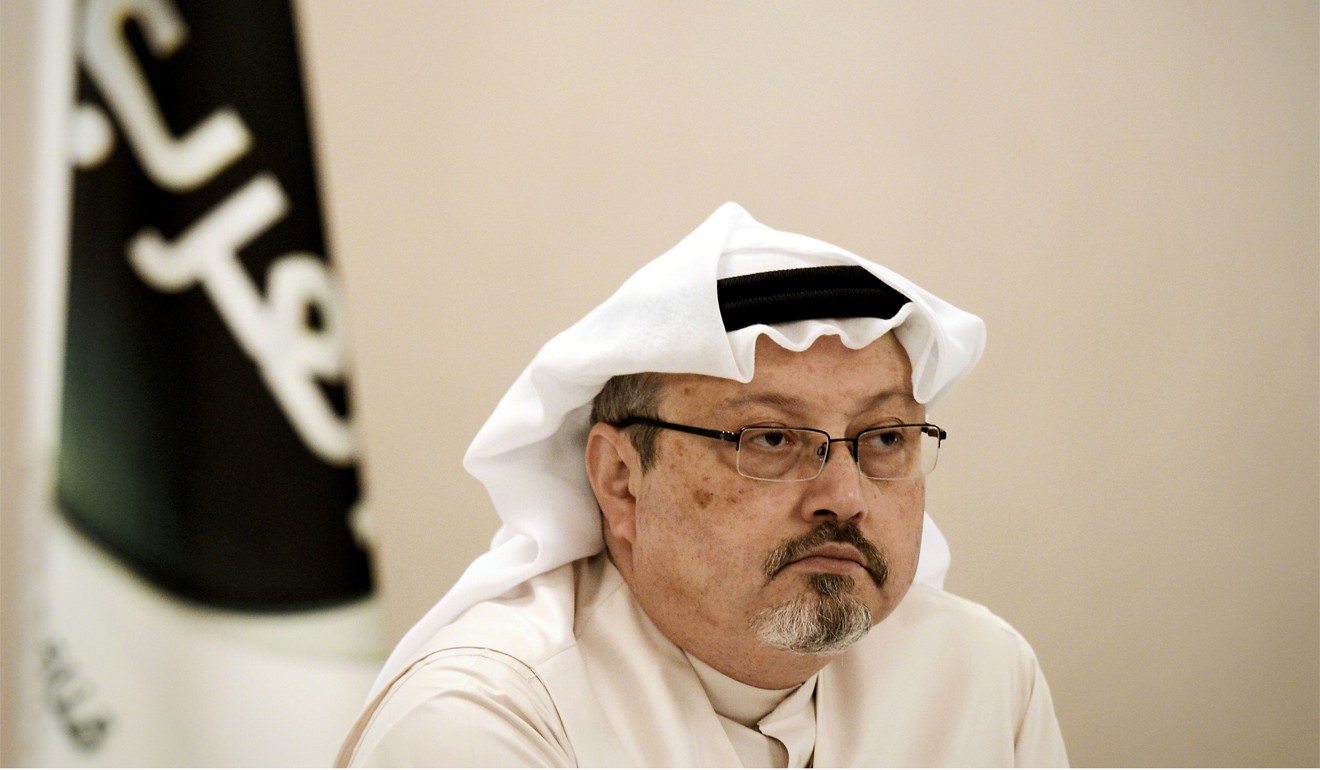
Fatimah Baeshen, a spokeswoman for the Saudi embassy in Washington, said the ambassador and Khashoggi never discussed “anything related to going to Turkey”. She said the claims in the CIA’s “purported assessment” was false.
The CIA’s conclusion about Mohammed’s role was also based on its assessment of the prince as the country’s de facto ruler who oversees even minor affairs in the kingdom.
“The accepted position is that there is no way this happened without him being aware or involved,” said a US official familiar with the CIA’s conclusions.
The CIA sees Mohammed as a “good technocrat”, they said, but volatile and arrogant, someone who “goes from zero to 60, doesn’t seem to understand that there are some things you can’t do”.
The accepted position is that there is no way this happened without [Mohammed bin Salman] being aware or involved
CIA analysts believe he has a firm grip on power and is not in danger of losing his status as heir to the throne despite the Khashoggi scandal.
“The general agreement is that he is likely to survive,” the official said, adding that Mohammed’s future role is “taken for granted”.
A spokesperson for the CIA declined to comment.
Over the past several weeks, the Saudis have offered multiple, contradictory explanations for what happened at the consulate. This week, the Saudi public prosecutor blamed the operation on a rogue band of operatives who were sent to Istanbul to return Khashoggi to Saudi Arabia, in an operation that veered off course when the journalist “was forcibly restrained and injected with a large amount of a drug resulting in an overdose that led to his death”, according to a report by the prosecutor.
The prosecutor announced charges against 11 alleged participants and said he would seek the death penalty against five of them.
The assassination of Khashoggi, a prominent critic of Mohammed’s policies, has sparked a foreign policy crisis for the White House and raised questions about the administration’s reliance on Saudi Arabia as a key ally in the Middle East and bulwark against Iran.
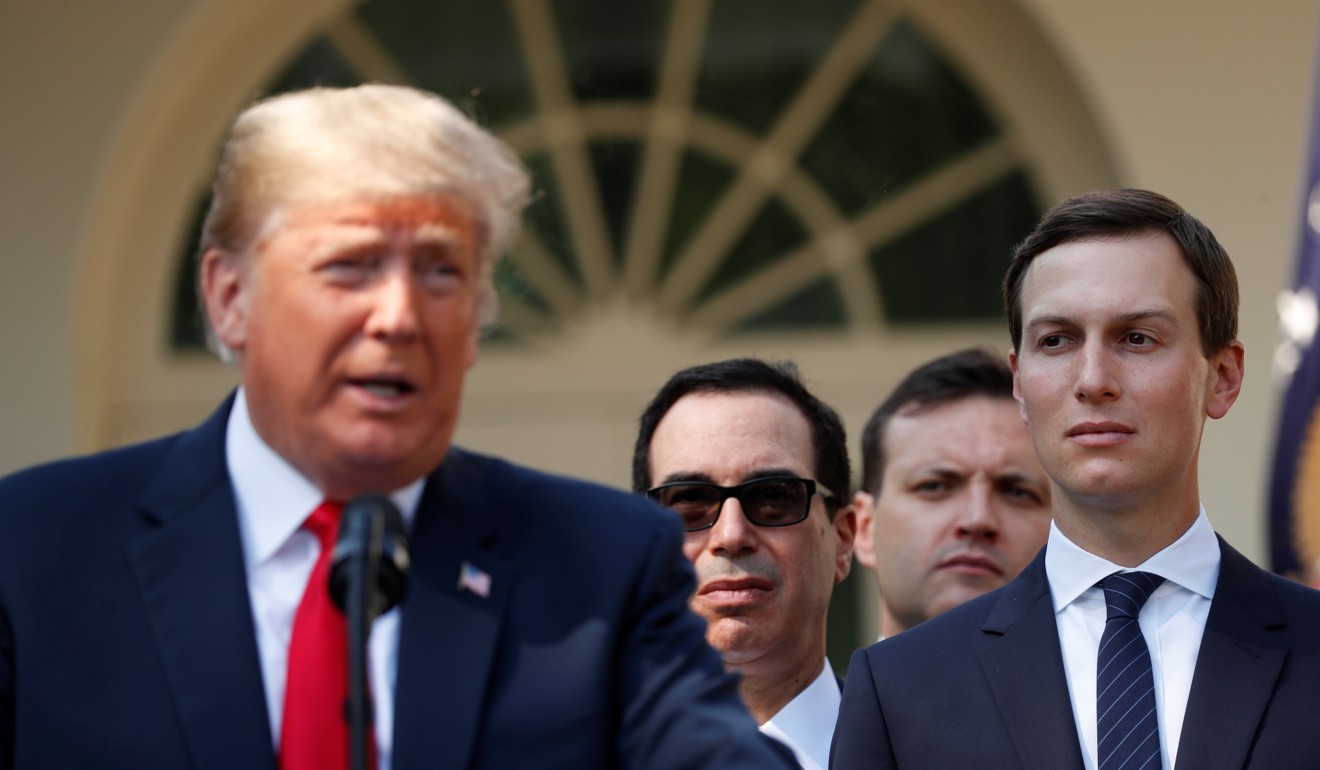
President Donald Trump has resisted pinning the blame for the killing on Mohammed, who enjoys a close relationship with Jared Kushner, the president’s son-in-law and senior adviser. Privately, aides said, Trump has been shown evidence of the prince’s involvement but is still sceptical he ordered the killing.
The president has also asked CIA and State Department officials where Khashoggi’s body is and has grown frustrated they have not been able to answer.
A timeline of Saudi statements on the killing of Jamal Khashoggi
Among the intelligence assembled by the CIA is an audio recording from a listening device the Turks placed in the consulate, according to the people familiar with the matter. The Turks gave the CIA a copy of the audio and the agency’s director, Gina Haspel, has listened to it.
The audio appears to show Khashoggi was killed within moments of entering the consulate, according to officials in multiple countries who have listened to it or been briefed on its contents. Khashoggi died in the office of the Saudi consul general, who can be heard expressing his displeasure that Khashoggi’s body now needed to be disposed of and the facility cleaned of evidence, according to people familiar with the audio recording.
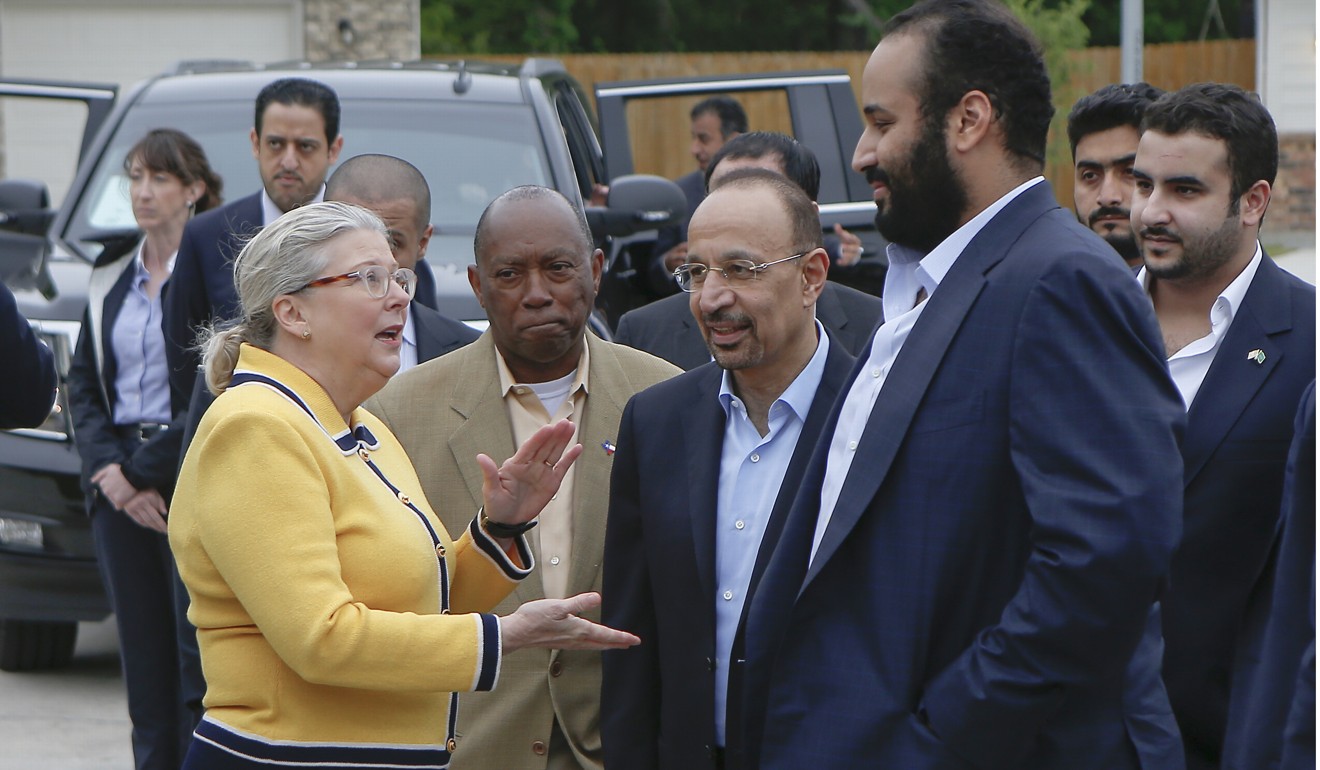
The CIA also examined a call from the consulate after the killing by an alleged member of the Saudi hit team, Maher Mutreb, a security official who has often been seen at the crown prince’s side and was photographed entering and leaving the consulate on the day of the killing.
Mutreb called Saud al-Qahtani, a top aides to Mohammed at the time, and told him the operation was finished, according to people familiar with the call.
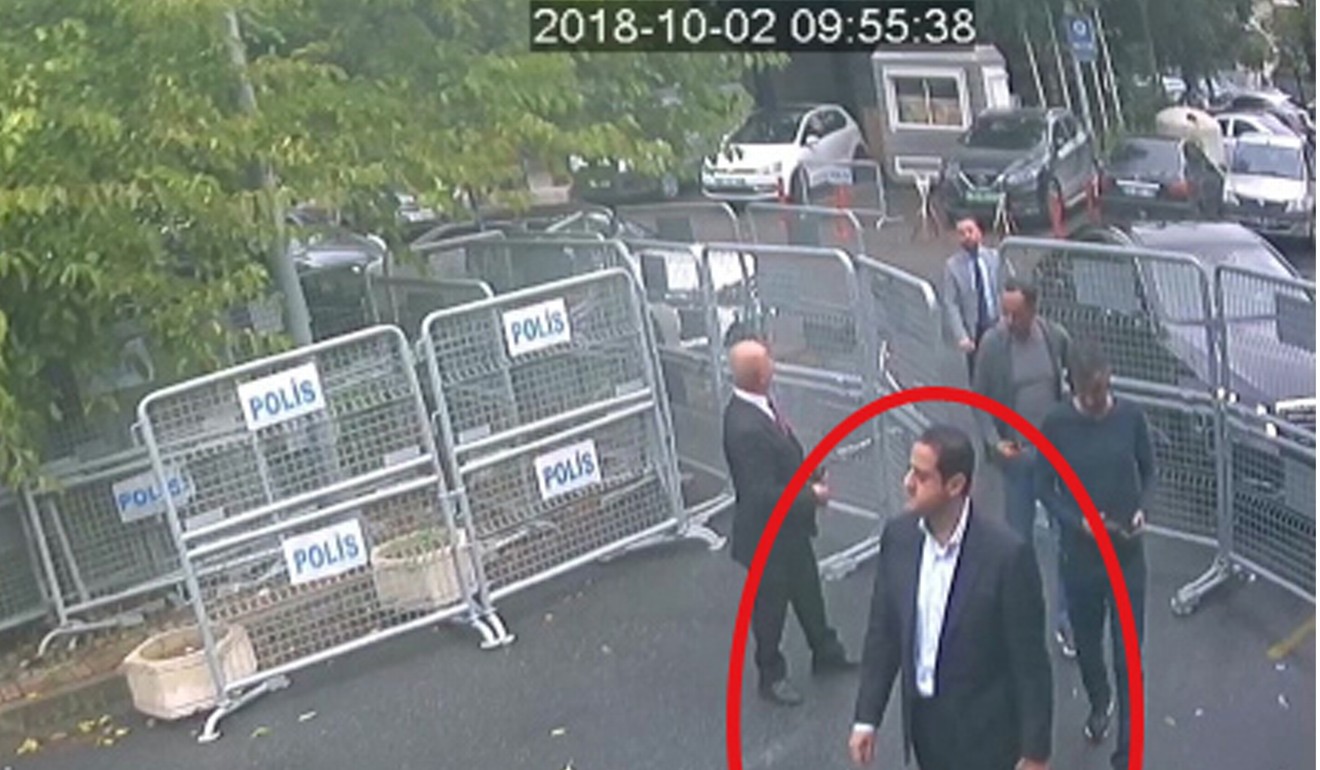
The CIA’s assessment is in line with information gathered by foreign governments, according to officials in several European capitals, who believe the operation was too brazen to have taken place without Mohammed’s direction.
Turkish President Recep Tayyip Erdogan has said his government shared the audio with Germany, France, Britain and Saudi Arabia.
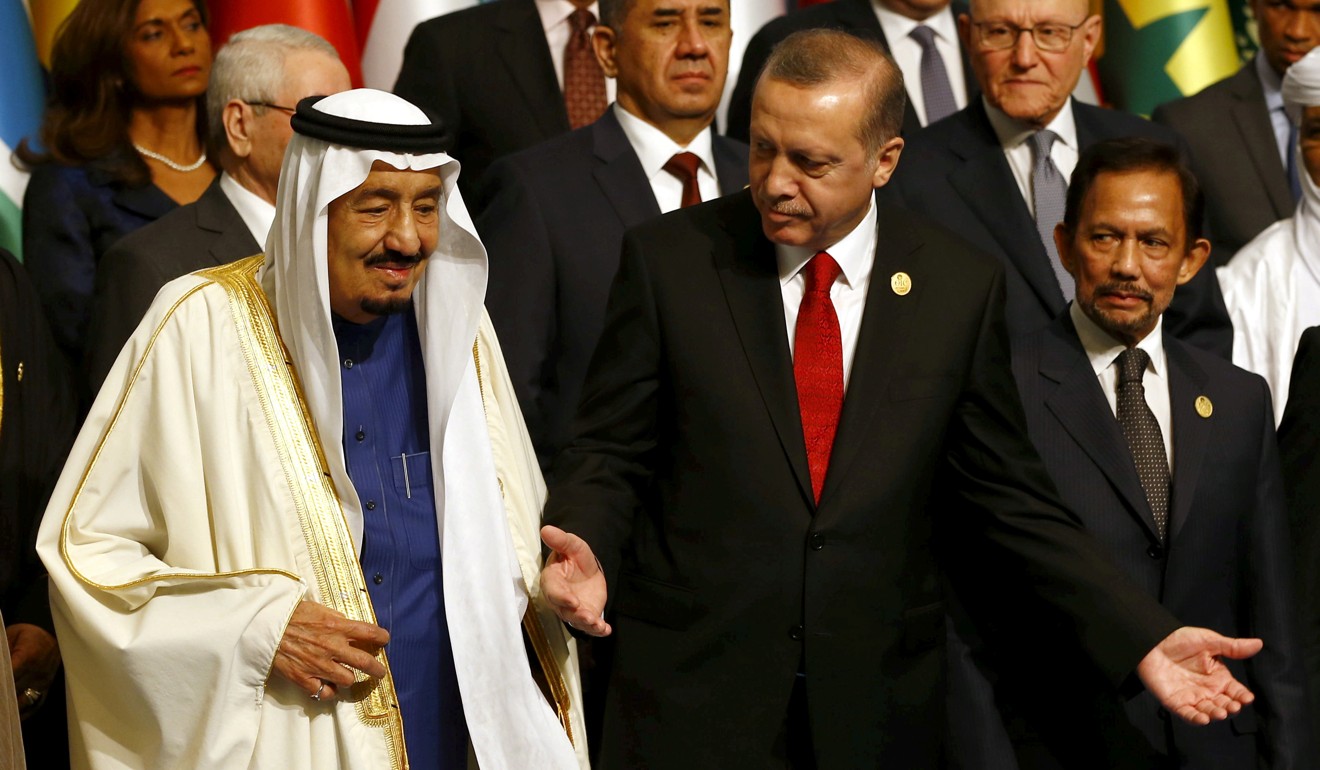
CIA analysts also linked some members of the Saudi hit team directly to Mohammed. Some of the 15 members have served on his security team and travelled in the US during visits by senior Saudi officials, including the crown prince, according to passport records.
The US also had intelligence before Khashoggi’s death that showed he might be in danger. But it wasn’t until after he disappeared on October 2, that US intelligence agencies began searching archives and found material about the Saudi royal family trying to lure Khashoggi back to Riyadh.
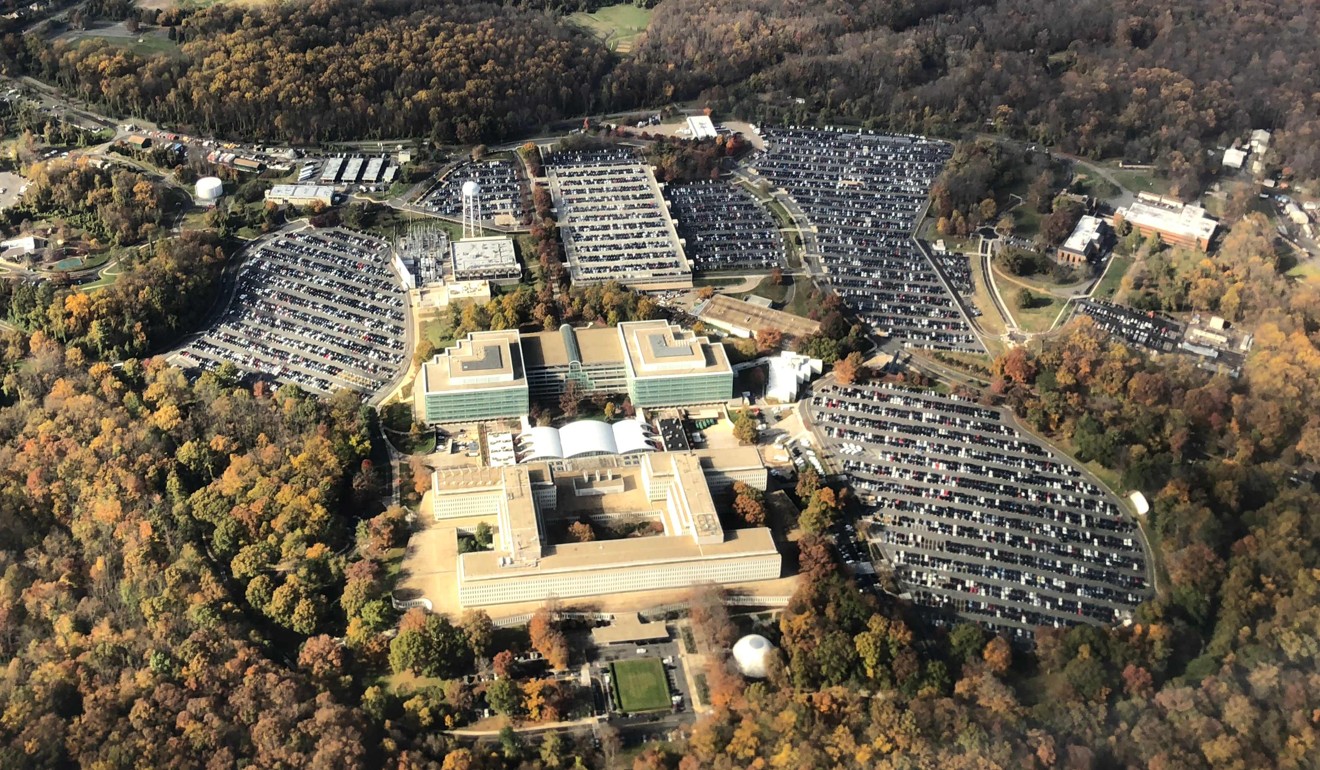
Trump has told senior White House officials he wants Mohammed to stay in power because Saudi Arabia helps to check Iran, which the administration claims is a threat. He has said he does not want the controversy over Khashoggi’s death to impede the kingdom’s oil production.
US approves US$1.4billion slice of massive Saudi arms deal
One lingering question is why Mohammed decided to kill Khashoggi. A theory the CIA has developed is Mohammed believed Khashoggi was a dangerous Islamist who was too sympathetic to the Muslim Brotherhood, according to people familiar with the assessment. Days after Khashoggi disappeared, Mohammed relayed that view in a phone call with Kushner and John Bolton, the national security adviser, who has long seen the Brotherhood as a regional security threat.
Mohammed’s private condemnation of the slain journalist contradicted his government’s public comments, which mourned Khashoggi’s killing as a “terrible mistake” and a “tragedy”.
Additional reporting by Associated Press

